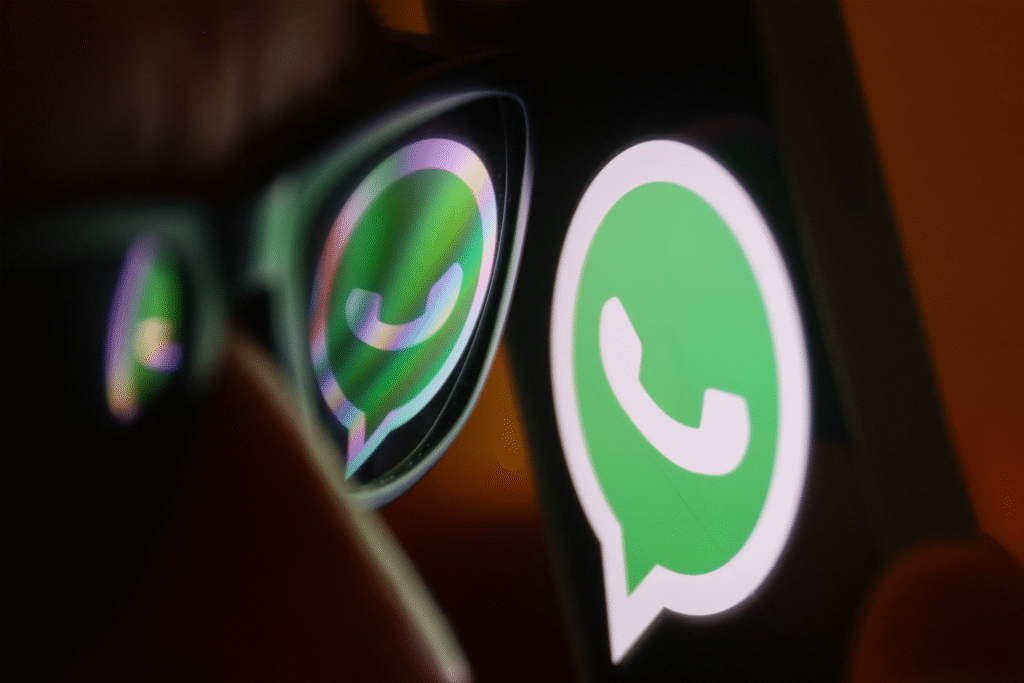WhatsApp is preparing to introduce third-party chat support, marking one of the most significant changes in the platform’s history as Meta works to comply with the European Union’s Digital Markets Act (DMA). According to reporting from iPhone-Ticker, the integration is now appearing in early test builds, showing a new interface section dedicated to chats from external messaging apps.
The change is driven by the DMA’s interoperability requirements, which mandate that large messaging platforms must allow users to communicate with people on competing services. WhatsApp, with more than two billion users worldwide, falls under the regulation’s “gatekeeper” classification and is required to offer a mechanism for cross-platform communication within the EU.
The update is not yet available to the public, but screenshots circulating among testers show an additional menu called “Third-Party Chats” appearing alongside standard chat threads. WhatsApp is testing how external conversations will appear, how they will be separated from normal messages and how privacy notices will be displayed.
A Major Shift for Europe’s Largest Messaging Platform
For more than a decade, WhatsApp has operated as a closed platform with end-to-end encryption applied to all messages. Opening the service to external platforms represents a structural change that affects encryption, identity verification and message handling. Under the DMA, WhatsApp must offer a technical interface that enables users to send and receive messages with people using other apps, as long as those apps request interoperability and follow security protocols.
The early test version shows that external chats will be isolated from regular WhatsApp conversations. This separation is likely intended to help users understand which messages originate from WhatsApp contacts and which come from third-party clients not using the same encryption standard.
A New Layer of Messaging Integration
The feature is expected to work similarly to how email clients aggregate multiple accounts: WhatsApp will act as the front-end interface, but third-party apps will handle identity and message origin on their side. Interoperability is limited to basic messaging in the early stages, with richer features — such as media sharing, calls or group chats — expected to be added gradually.
Meta has previously stated that interoperability will apply only within the EU region, as the DMA requirements do not extend to other markets.
Privacy and Encryption
One of the biggest challenges is maintaining WhatsApp’s end-to-end encryption model. Messages exchanged with external apps may not be encrypted to the same standard, and WhatsApp’s interface will need to make that distinction clear. iPhone-Ticker notes that privacy warnings appear when interacting with external chats, indicating that protections may differ from WhatsApp’s default encryption.
This approach aligns with Meta’s earlier statement that third-party providers must match WhatsApp’s encryption level or accept that conversations will not carry identical protection.
Impact on the Messaging Landscape
The introduction of third-party chats could reshape messaging behavior across the EU. Users may no longer need to maintain multiple apps if WhatsApp becomes a central hub capable of handling cross-platform communication. For smaller messaging apps, interoperability could increase visibility and give users a way to access their services without switching between interfaces.
At the same time, integrating competing apps inside WhatsApp may influence how Meta prioritizes new features and how smaller platforms align their development to remain compatible.
WhatsApp is still testing the feature, and a full rollout will likely take place after the final compliance deadline for DMA interoperability takes effect. Updates are expected to appear first in European versions of the app across iOS and Android.
While Meta has not provided a release timeline, the appearance of the third-party chats interface in internal tests suggests that public availability may not be far off.
